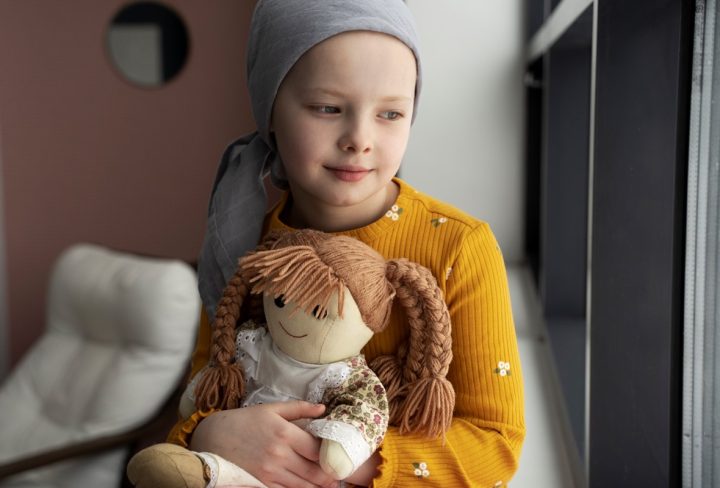The journey through Pediatric Acute Lymphoblastic Leukemia (ALL) is a formidable one, demanding emotional support, coping strategies, and caregiver well-being. This blog delves into the crucial role of compassion, effective coping mechanisms, communication, and caregiver care in fostering resilience.
Emotional Support: The Pillar of Healing
- Family, friends, healthcare providers form a support network.
- Emotional support empowers children to face challenges.
- Compassion and understanding alleviate psychological burdens.
Education and Communication: Empowering Understanding
- Honest communication enhances coping.
- Age-appropriate explanations foster comprehension.
- Involving the child in discussions empowers them.
Coping Strategies: Navigating Turbulence
- Engaging in creative activities and hobbies provide outlets.
- Social connections offer emotional sustenance.
- Distraction techniques like art and music mitigate stress.
Caregiver Well-being: Sustaining the Unsung Heroes
- Caregivers bear emotional and physical burdens.
- Prioritizing self-care is essential.
- Seeking support from family and support groups.
- Open communication about needs ensures sustained care.
Long-Term Considerations: Beyond Treatment
- Improved survival rates pave the way for brighter futures.
- Regular follow-ups address potential late effects.
- Transparent communication with healthcare providers is crucial.
In the journey of pediatric ALL, emotional fortitude, coping mechanisms, effective communication, and caregiver care shape the narrative. With these pillars in place, children and families can navigate challenges with resilience, embracing hope for a healthier tomorrow.

